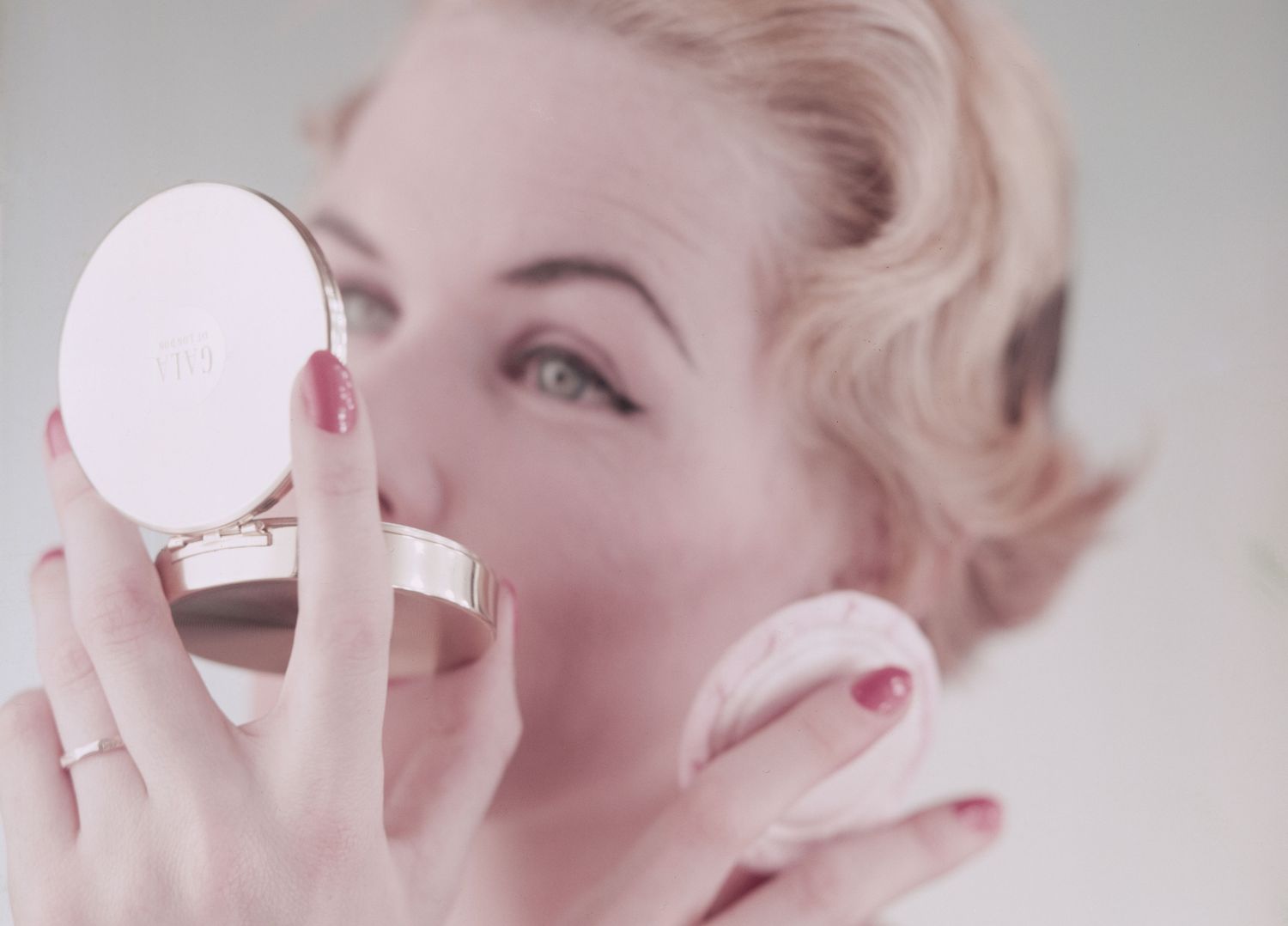Understanding Rosacea
Rosacea is a common skin condition that causes redness and visible blood vessels in your face. It may also produce small, red, pus-filled bumps. These signs and symptoms may flare up for weeks to months and then go away for a while. Rosacea can be mistaken for acne, other skin problems or natural ruddiness.
Triggers to Avoid
Identifying and avoiding triggers can help reduce rosacea flare-ups. Common triggers include sun exposure, hot weather, spicy foods, alcohol, stress, and certain skincare products. Keeping a diary to track your triggers can be helpful.
Gentle Skincare Routine
Using gentle skincare products can help manage rosacea. Look for products that are fragrance-free, hypoallergenic, and non-comedogenic. Avoid harsh cleansers or exfoliants that can irritate the skin. Opt for mild, soothing cleansers and moisturizers instead.
Sun Protection
Sun exposure is a common trigger for rosacea flare-ups. Protect your skin from the sun by wearing a broad-spectrum sunscreen with SPF 30 or higher every day. You can also protect your face from the sun by wearing a wide-brimmed hat and seeking shade when outdoors.
Moisturize Regularly
Keeping your skin hydrated is essential for managing rosacea. Choose a gentle, non-irritating moisturizer and apply it regularly to keep your skin hydrated and healthy. Look for moisturizers that contain ingredients like hyaluronic acid or ceramides, which help to lock in moisture.
Cooling Techniques
Cooling techniques can help reduce redness and inflammation associated with rosacea. Applying a cold compress to your face or using a facial mist can help soothe irritated skin. Avoid hot baths or showers, as hot water can exacerbate rosacea symptoms.
Medical Treatments
In some cases, medical treatments may be necessary to manage rosacea. Your dermatologist may recommend topical medications, such as metronidazole or azelaic acid, to reduce redness and inflammation. In more severe cases, oral medications or laser therapy may be necessary.
Lifestyle Changes
Making lifestyle changes can also help manage rosacea. Avoiding triggers, eating a healthy diet, managing stress, and getting regular exercise can all help reduce rosacea flare-ups. It’s also essential to avoid smoking and limit alcohol consumption, as these can worsen symptoms.
Managing Rosacea: Effective Tips
Rosacea can be a frustrating condition, but with the right approach, it can be managed effectively. By identifying and avoiding triggers, using gentle skincare products, protecting your skin from the sun, and incorporating cooling techniques into your routine, you can help reduce redness and inflammation associated with rosacea. If you’re struggling to manage your rosacea, consult with a dermatologist for personalized treatment options.


